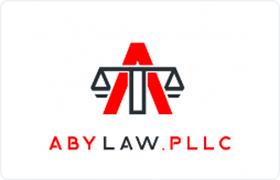Camden DUI-DWI Lawyer, Mississippi, page 2
Sponsored Law Firm
-
 x
x

Click For More Info:
-
Abby Law, PLLC
403 B Towne Center Blvd Suite 102 Ridgeland, MS 39157» view mapCriminal Defense Law Get the Legal Support You Need
If you need an experienced litigation attorney, look no further than Aby Law, PLLC. We are a trusted general practice law firm in Ridgeland, MS.
800-953-2840
Jennifer Paige Wilkins
Products Liability, DUI-DWI, Wrongful Death, Personal Injury
Status: In Good Standing Licensed: 19 Years
 Heather Aby Ridgeland, MS
Heather Aby Ridgeland, MS Practice AreasExpertise
Practice AreasExpertise
